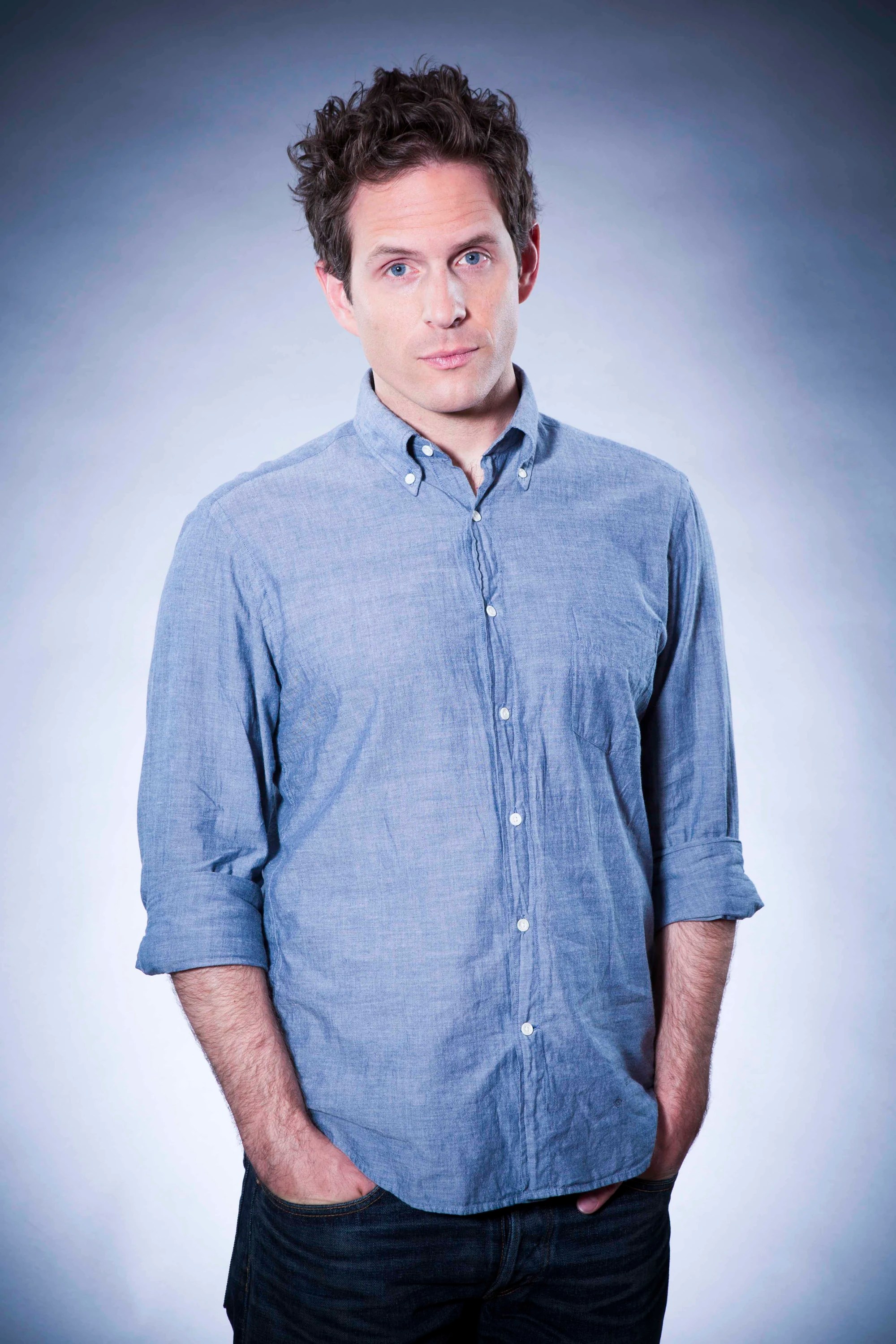In the world of television, few characters stand out like Dennis Reynolds from the beloved sitcom, "It's Always Sunny in Philadelphia." With his charming facade and deeply flawed personality, Dennis serves as a fascinating study of narcissism, manipulation, and the dark side of human nature. As part of the infamous group that runs Paddy's Pub, Dennis's interactions with his friends and his outlandish behavior create some of the most memorable moments in the series. This article delves into the life and personality of Dennis Reynolds, exploring his role in the show, his relationships, and the complexities that make him a fan favorite.
Fans of the series often find themselves captivated by Dennis's unique blend of confidence and insecurity, which leads to numerous comedic yet cringeworthy moments. He epitomizes the phrase "all's fair in love and war," often using his looks and charm to manipulate those around him. The character raises questions about morality, self-perception, and the lengths one might go to achieve personal desires. Through exploring Dennis's character arc, we can gain insight into what makes him such a compelling figure in the world of television comedy.
As we dive deeper into the psyche of Dennis Reynolds, we will address key questions about his motivations, relationships, and the impact of his actions on the show's narrative. From his connections with the other gang members to his infamous schemes, understanding Dennis Reynolds is crucial for any fan of "It's Always Sunny in Philadelphia." Let’s embark on this journey to uncover the layers of this enigmatic character.
What is Dennis Reynolds's Biography?
Dennis Reynolds is a fictional character portrayed by Glenn Howerton in the long-running television show "It's Always Sunny in Philadelphia." Throughout the series, Dennis has evolved from a self-proclaimed "Golden God" to a character who embodies the darker aspects of human nature. Below is a table summarizing key personal details about Dennis Reynolds:
| Characteristic | Details |
|---|---|
| Name | Dennis Reynolds |
| Portrayed by | Glenn Howerton |
| Occupation | Co-owner of Paddy's Pub |
| Personality Traits | Narcissistic, Manipulative, Charming |
| Relationships | Complicated friendships with the gang, tumultuous romantic relationships |
| First Appearance | Season 1, Episode 1 "The Gang Gets Racist" |
What Are Dennis's Most Memorable Moments in It's Always Sunny?
Throughout its many seasons, "It's Always Sunny in Philadelphia" has delivered countless memorable moments featuring Dennis Reynolds. Here are some standout examples that showcase his character:
- The D.E.N.N.I.S. System: Dennis's infamous method for seducing women highlights his manipulative nature in a hilariously over-the-top way.
- Nightman Cometh: The musical episode features Dennis in a flamboyant role, revealing both his dramatic flair and his deep-seated issues with self-image.
- Chardee MacDennis: The gang's board game showcases Dennis's competitive side and willingness to cheat to win.
- Self-Reflection: Moments where Dennis confronts his own flaws, such as acknowledging his narcissism, add depth to his character.
How Does Dennis Influence the Dynamics of the Gang?
Dennis Reynolds plays a crucial role in shaping the dynamics of the gang at Paddy's Pub. His interactions with other characters often lead to chaos and upheaval. Key influences include:
- Manipulative Relationships: Dennis often uses his charm to manipulate his friends and romantic interests, creating tension within the group.
- Conflict Catalyst: His narcissistic tendencies frequently lead to conflicts, whether it's with Charlie, Dee, Mac, or Frank.
- Self-Importance: Dennis's belief in his superiority often drives other characters to extremes in their attempts to compete with him.
What Are the Key Themes Surrounding Dennis Reynolds?
As a character, Dennis Reynolds embodies several key themes that resonate throughout "It's Always Sunny in Philadelphia." These themes include:
- Narcissism and Self-Absorption: Dennis exemplifies the idea of self-centeredness, often dismissing the feelings and needs of others.
- Morality and Ethics: His questionable actions raise important questions about morality, particularly in a comedic context.
- Friendship and Betrayal: Dennis's relationships often blur the lines between friendship and betrayal, highlighting the complexities of social dynamics.
How Do Fans Relate to Dennis Reynolds?
Despite his many flaws, fans have found ways to relate to Dennis Reynolds. Some of the reasons include:
- Flawed Humanity: His struggles with self-image and relationships make him a relatable character.
- Dark Humor: Dennis's antics resonate with viewers who appreciate dark comedy and the absurdity of life.
- Complexity: Fans enjoy the layered personality of Dennis, which keeps them engaged and invested in his character's journey.
What Lies Ahead for Dennis Reynolds in Future Seasons?
As "It's Always Sunny in Philadelphia" continues to evolve, fans are left wondering what the future holds for Dennis Reynolds. Potential directions for his character include:
- Redemption Arc: Will Dennis undergo a transformation and seek redemption for his past actions?
- Expanded Relationships: How will his relationships with the other gang members continue to evolve?
- New Challenges: What new personal or professional challenges will Dennis face in upcoming episodes?
In Conclusion: The Legacy of Dennis Reynolds in It's Always Sunny
In summary, Dennis Reynolds is a multifaceted character whose journey throughout "It's Always Sunny in Philadelphia" provides viewers with both laughter and thought-provoking moments. His narcissism, manipulation, and self-awareness create a unique blend that makes him a standout figure in the series. As fans continue to engage with his story, Dennis remains a symbol of the complex nature of human relationships and the humor found within our flaws. The character's legacy will undoubtedly live on as audiences continue to explore the rich tapestry of life at Paddy's Pub.



